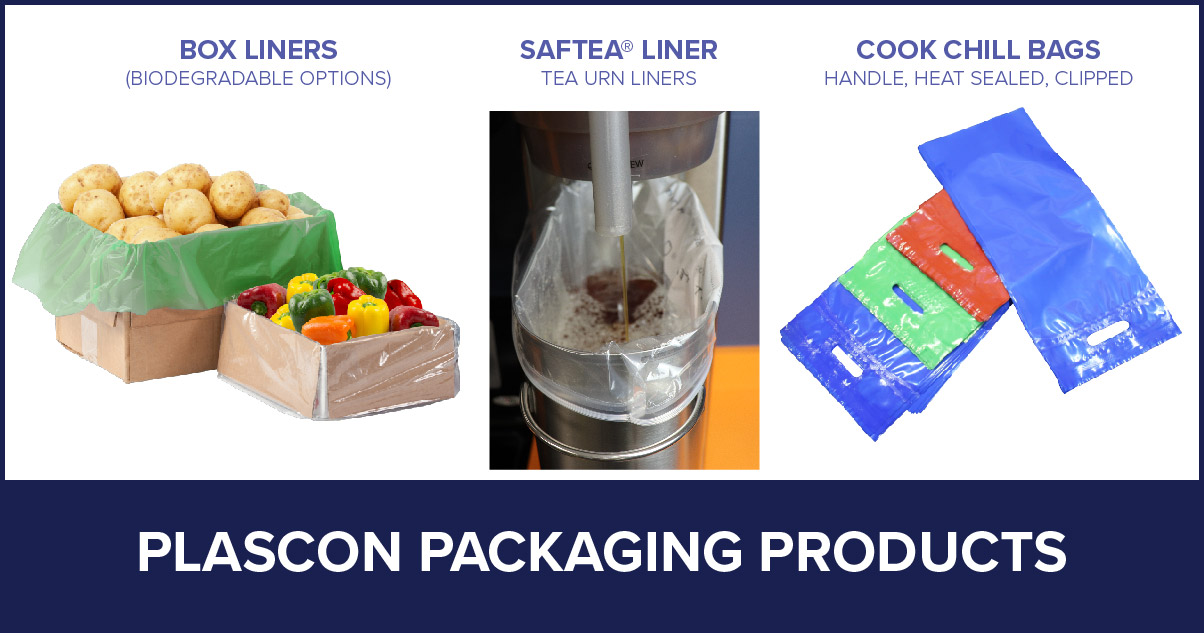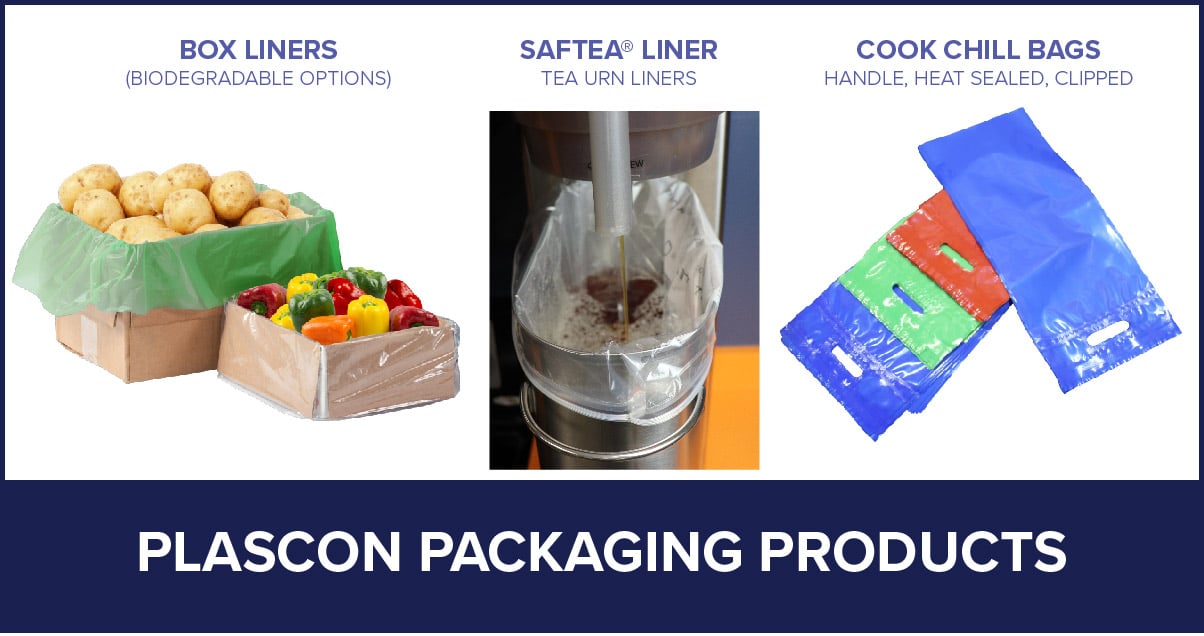
Flu Season & Food Safety
Tips for Keeping Food Safe During Flu Season
With flu season in full swing, I thought we should revisit a blog post from last year to add some updates from the Center for Disease Control on both Food Safety and precautions during flu season.
According to the Center for Disease Control, 48 million Americans become sick from the spread of a food-borne illness each year.
The estimated cost of a single food-borne illness outbreak for a restaurant or convenience store can range between $4,000 to $1.9 million* depending on the type of establishment, number of people impacted, legal fees, or fines and lost revenue. The consequences of a single incident on the reputation of your establishment could be immeasurable and even result in total loss.
Reduce the risk of food-borne illness by properly handling food and following these four steps:
Clean, Separate, Cook and Refrigerate
Clean: Bacteria can spread throughout the kitchen and get onto hands, cutting boards, utensils, surfaces and food. Work surfaces and hands should be cleaned thoroughly and often.
Separate: Bacteria can spread with cross-contamination. When handling raw meats, poultry, seafood and eggs, keep foods and their juices away from ready-to-eat foods. Always start by washing hands with warm water and antibacterial soap. Also, wash any cutting boards, dishes, work surfaces and utensils with hot soapy water.
Cook: Always cook foods to recommended temperatures. Food is safely cooked when it reaches a high enough internal temperature to kill the harmful bacteria that cause food-borne illness. Use an accurate food thermometer to insure the internal temperature of all cooked foods.
Chill: Cold temperatures slows the growth of harmful bacteria, refrigerate foods quickly. Keep a constant refrigerator temperature of 40°F or below to reduce the risk of food-borne illness. Use an appliance thermometer to ensure the temperature is consistently 40°F or below and check frequently.
According to the National Restaurant Association, Americans eat out approximately five times per week.
Reducing the spread of influenza for staff and customers alike is good for your bottom line and critical to the success of your business.
The Centers for Disease Control and Prevention (CDC) recommends that people with influenza-like illness remain at home until at least 24 hours after they are free of fever (100° F [37.8°C]), or signs of a fever without the use of fever-reducing medications.
- Wash your hands often with soap and water for at least 20 seconds. Use an alcohol-based hand sanitizer that contains at least 60% alcohol if soap and water are not available.
- Avoid touching your eyes, nose, and mouth with unwashed hands.
- Avoid close contact with people who are sick.
- Stay home when you are sick.
- Cover your cough or sneeze with a tissue, then throw the tissue in the trash.
- Clean and disinfect frequently touched objects and surfaces.
Careful attention to food safety and proper sanitation are the key components in keeping your staff and customers safe. Investing is Food Safety is the best way to avoid a food safety risk and money well spent.
Plascon is dedicated to providing maximum safety in every product we make. Our food grade bags and liners are all FDA & USDA approved, and BRC 'AA' certified to ensure the highest quality and sanitation for your products. Visit our website for your Box Liners, Cook Chill Bags, and Saftea® Tea Urn Liners and learn how we can help you deliver safe, hygienic food products to your valuable patrons.



